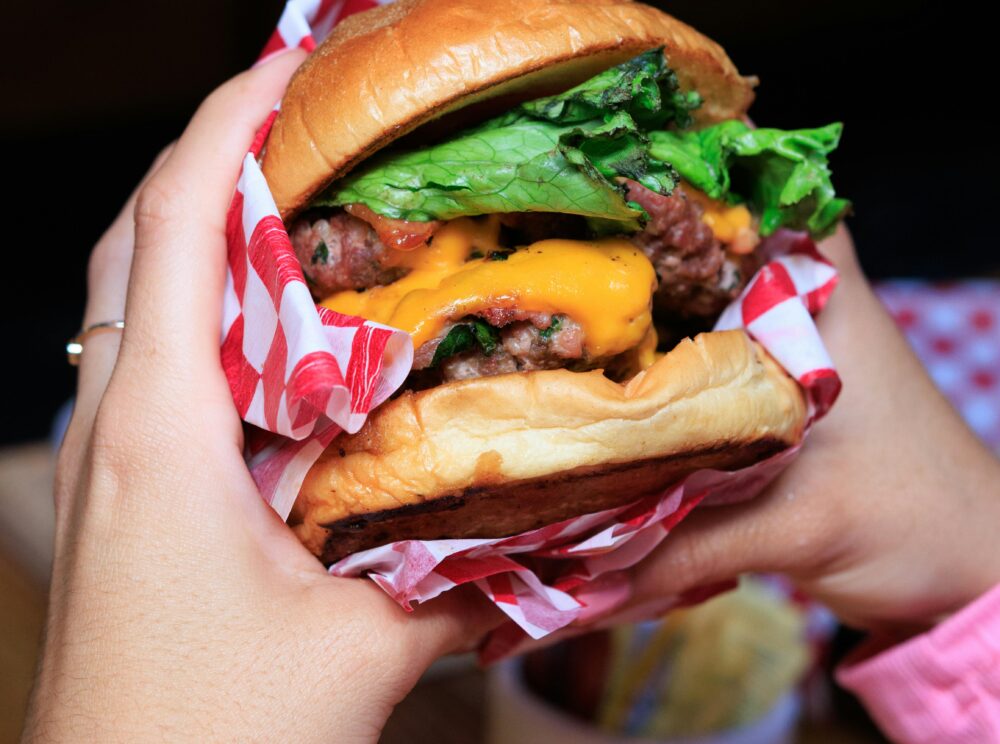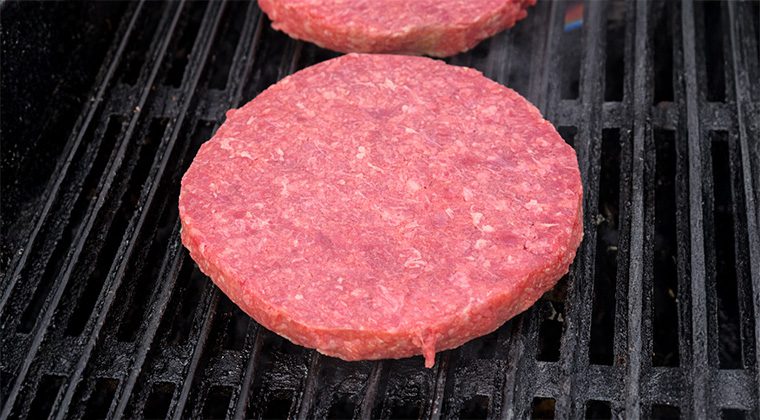
How to Keep Your Restaurant Crew Motivated during the Holiday Season
As the holiday rush approaches, it’s crucial to keep your restaurant crew motivated. Discover effective strategies to boost morale and ensure smooth operations throughout the festive season
There’s nothing like a festive supper out to get the whole family together and catch up with old friends. This is especially true during the holiday season when restaurants and cafés are brimming with merry diners. The holiday season is a significant time of year for the restaurant businesses’ bottom lines. As Christmas gets nearer, people tend to splurge more on luxuries like eating at their favorite restaurants than they do the rest of the year. It’s a chance for food establishments to go all out and significantly increase their profits.
During this time, the kitchen staff takes the most heat since they are expected to make extravagant and flavorful meals that delight and entice consumers to return for more.
Chefs and their teams may have to put in more hours in the kitchen to keep up with the constant demand for increasingly intricate main courses, desserts, and wines. Whether it’s beef Wellington, roast turkey, or desserts like plum pudding or Bûche de Noël, most Christmas special meals are difficult to create due to their lengthy cooking times and extensive preparation. With the staff working hard to impress guests with great food and wine, the kitchen turns into a hive of constant, busy activity. Even the most passionate cooks begin to flag as the festive season goes on for weeks. Unfortunately, a tired crew is likely to fall sick, and they may also not be able to keep up with their regular standards. The overall morale, holiday spirit, and quality of food and service may be affected, which could even hurt the restaurant’s reputation and bottom line.
On the other hand, while the kitchen staff is at the back of the house preparing all the food for hungry appetites, the restaurant wait staff gets the same pressure. With guests demanding to receive top hospitality service during the season, servers also need to be at the top of their game and know the restaurant menu from the inside out.
So, how does a business maximize profits during the holidays without exhausting its restaurant staff?
1. Hire early
During the holiday season, many restaurants tend to hire staff temporarily. However, the hiring process can take anywhere from a few days to several weeks. After all, the management has to find someone who has the right skills, is willing to work the appropriate hours, and thinks the pay is acceptable. Starting to hunt for kitchen personnel and restaurant service staff in the middle of the festival season may result in poor recruiting decisions, overpaying new workers, and overworking the existing team until the new crew arrives.
So, make your estimates early so that you can hire extra help in time for the holiday season.
2. Plan your menu and do some test runs
Plan a holiday menu with the crew. With Christmas approaching, it would make sense to include dishes people associate with Christmas. The dishes vary depending on where your restaurant is located; you could serve local favorites or give guests a taste of how other cities or countries celebrate Christmas: Some Christmas favorites include pecan pie, turkey with stuffing, green bean casserole, beef bulgogi, Buche de Noel, and the list goes on.
Staff must also conduct test runs for a variety of reasons. First, select the most delicious recipe that can be replicated even during busy hours. The second requirement is to finalize a recipe to estimate the supplies and ingredients required according to the restaurant’s holiday budget. Fixing a recipe would also allow them to set a price for the dish and expect a consistent profit rather than using exotic ingredients sometimes and being paid less for it.
Use your previous restaurant data to do a sales forecast for the holiday season. Create menus based on what has been in demand.
3. Train staff to know the menu well
The wait staff would also need to be informed of the Christmas specials to upsell the festive food to clients. For example, if someone comes in on a cold night, the waiter can recommend mulled wine or a traditional Christmas apple pie as a way to end the meal. Staff would also need to be trained on which meals on the menu would be hard to prepare on a busy day so that customers can be informed in advance that there will be some waiting time and can manage their expectations.
Access guest data via your booking platform to know customer preferences in advance. This will help your restaurant managers prepare their team to provide excellent table service during this busy period. At TableCheck, hospitality operators own and control their guest data to deliver personalized experiences.
4. Staff rostering
There is a constant influx of happy customers strolling in large groups throughout December, making the restaurant business profitable but also extremely hectic. The time spent in the kitchen can be stressful and exhausting, and it may run beyond normal business hours. The culinary staff and wait staff can burn out or get sick from working such long hours. So, how does a restaurant make sure the back-of-the-house and front-of-the-house operations run smoothly while making sure its workers stay healthy? Making a roster of workers is the key. The schedule can be drawn by the head chef and restaurant manager taking into account the following factors:
- The restaurant is not over-staffed during slow hours nor should it be understaffed during peak hours. For instance, an all-day dining restaurant possibly experiences a dip in footfall between 2 pm and 6 pm even during the festive season, and may want to have fewer hands on deck to have them rested for busier hours.
- It makes tactical sense to mix shifts so that the crew is trained in all roles and is ready to go whether it’s Sunday brunch or a rather slow Thursday lunch hour.
- Senior chefs and lead restaurant managers may need to be present during the busiest shifts to provide the necessary support and direction to the newcomers.
- Higher-ranking chefs ensure that the lack of experienced cooks does not impair the quality of the food and presentation. Restaurant managers should train their subordinates to assume their responsibilities in case of emergencies
- The entire kitchen staff, from the cook to the cleaning, must maintain a healthy work-life balance. A team that is overworked may not produce the same quality results as a team that is rested and relaxed.
5. Celebrate pre-Xmas with the staff
The upcoming holiday season is going to be very taxing for the crew, and they are going to have very little time to appreciate the holiday on a personal level. Because of this, it would be a fantastic idea to celebrate the upcoming hectic holiday with a bang in the form of a pre-Christmas party. Gather the team together, throw them a party with food, music, and cake, and then tell them to let their hair down and have fun.
6. Acknowledge your people: Introduce staff after the service
During these weeks, the culinary staff as well as the wait staff would be working extremely hard, so it would be wonderful to introduce them to the grateful customers as a way to thank them for their dedication and skill. By introducing the staff to the guests in person and praising them on social media, the restaurant shows how much they are appreciated and how important their work has been. The kitchen crew gets a great boost from this, enabling them to keep up the same excitement and passion for the rest of the season.
7. No overtime if possible
The restaurant kitchen is in a perpetual state of frenzy for weeks leading up to the holidays and then during the holidays itself, as the chefs rush to prepare one lavish dish after another. It is critical that employees not be compelled to work overtime, as this could harm both their health and the overall quality of the restaurant. Strategic hiring and staff rostering are the keys to ensuring that your kitchen crew and restaurant servers do not suffer burnout.
Before the holiday season, the head chef must sit down with the management and plan how many more staff they will need during the holiday season. The hiring needs to start a few weeks before to have the new staff join the team in time for the holiday season without delay. Moreover, rostering schedules should be drawn every week so that the kitchen and front-of-house are always sufficiently staffed and that hospitality service stays consistent throughout this busy holiday period.
Source: TableCheck









